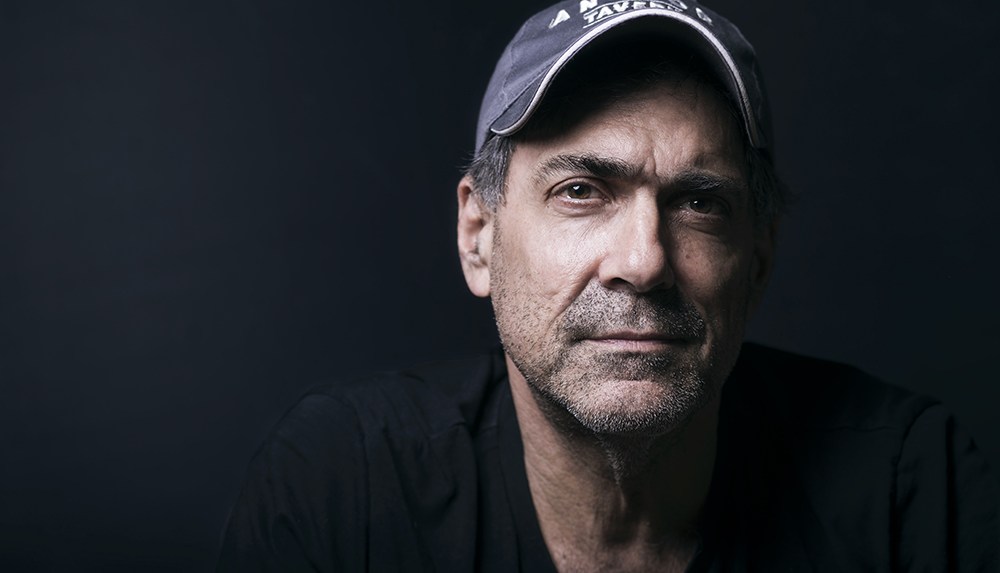
David Tuller’s fundraiser is now live! Tuller has been tireless in his battle against the GET/CBT ideological onslaught! He has much more work to do and he needs our support.
Tuller has been touring the globe, speaking about the harm the PACE trial has caused ME/CFS patients. Recently, he co-authored a critical paper, Rethinking the treatment of chronic fatigue syndrome—a reanalysis and evaluation of findings from a recent major trial of graded exercise and CBT, that was published in BMC Psychology.
Tuller has written more than seventy-five posts on Vincent Racaniello’s Virology Blog, spanning seven years. His articles comprise a full history of how the PACE trial was used to mislead health care providers into thinking ME/CFS could be cured with “a walk and a talk.” Tuller has taken on some of the authors of the PACE study and, despite threats from them, has continued to challenge their findings.
Last year, Tuller successfully raised money through Crowdrise in order to continue investigating and blogging about the PACE trial. The funds went to the School of Public Health at the University of California, Berkeley, which created a position for Tuller to continue his investigative work. Now, a year later, the funds have run out, and Tuller has to depend on the generosity of our community to continue his work.